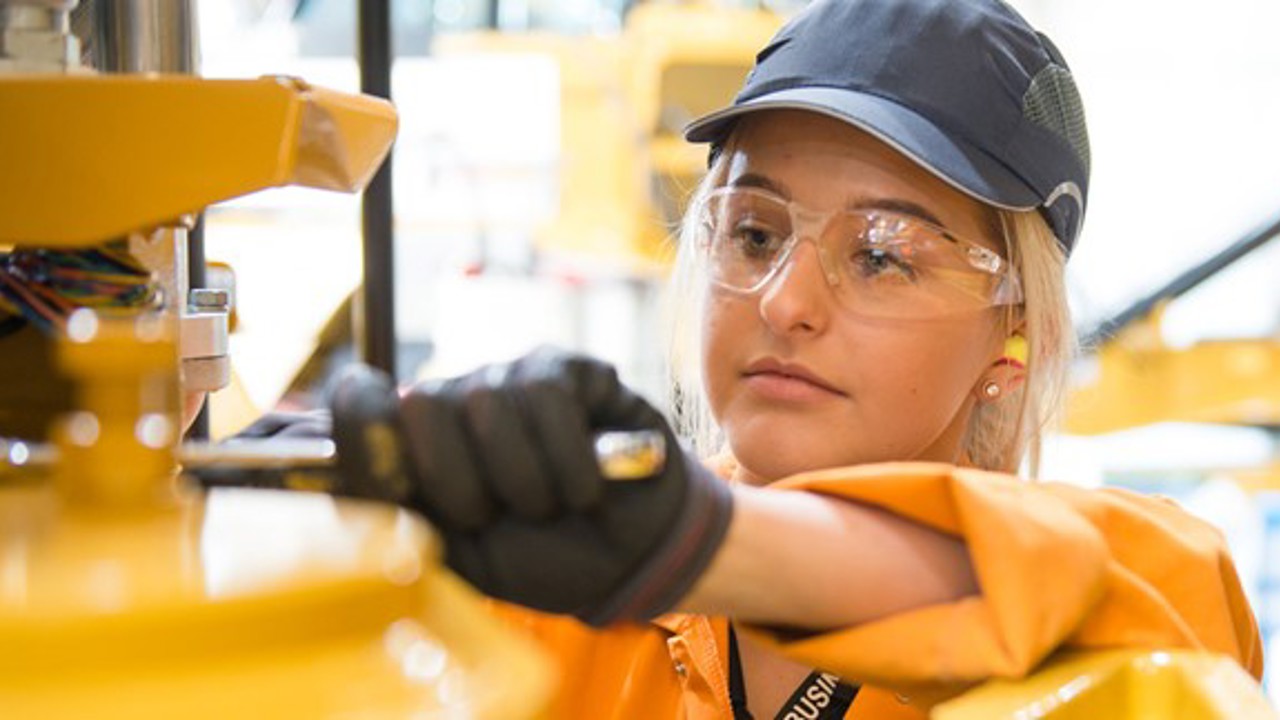
Overview
T Levels are one of the central pillars of the government’s education and skills offer to young people aged 16 to 18, alongside apprenticeships and A levels. T Level industry placements offer young people a chance to experience the workforce first hand, develop vital new skills and build relationships with employers in their chosen field.
However, there is some concern that young people will struggle to access industry placements as part of their T Levels in the engineering and manufacturing sectors. This is due to challenges remaining for employers and providers to offer and secure these placements. We estimate there will need to be a minimum of 30,000, and up to 43,500 placements by 2024/2025 in the engineering and manufacturing sector alone to meet demand going forward.
Engineering and manufacturing employers need to feel confident and supported to offer young people industry placements in their companies. This is to ensure T Levels are successful and provide young people with the opportunity to move into rewarding engineering and manufacturing careers, and to help address skills shortages in the sector.
Our joint report with Make UK highlights a number of barriers holding employers back from offering T Level industry placements to young people.
Unlocking talent: ensuring T Levels deliver the workforce of the future
Who this is for
- Policymakers
- Researchers
- Employers
Key findings
Recommendations to government:
- We ask government to urgently reinstate the £1,000 financial incentive per industry placement for Small to Medium Sized Employers
- We ask that the Department for Education extend the number of hours that a placement can take place in a simulated work environment such as a training centre or skills hub
- We ask the Department for Education to explore how to replicate/expand the digital apprenticeship service to cover T Level placements
- We ask that the Department for Education works with business and sector groups to run a large-scale T Level awareness campaign targeted at employers
- We ask that the Department for Education work with the Department for Transport, the Department for Levelling Up and local authorities to address the transport barriers for young people highlighted in this report
- We ask that the Department for Education works with relevant partners in the engineering and manufacturing sector to make the most of existing T Level resources by tailoring them for engineering and manufacturing employers
- Develop clear progression maps for both T Level students and employers
- We ask government to establish a T Level industry placement taskforce
- We ask that opportunities across government to promote T Level placements are used effectively













